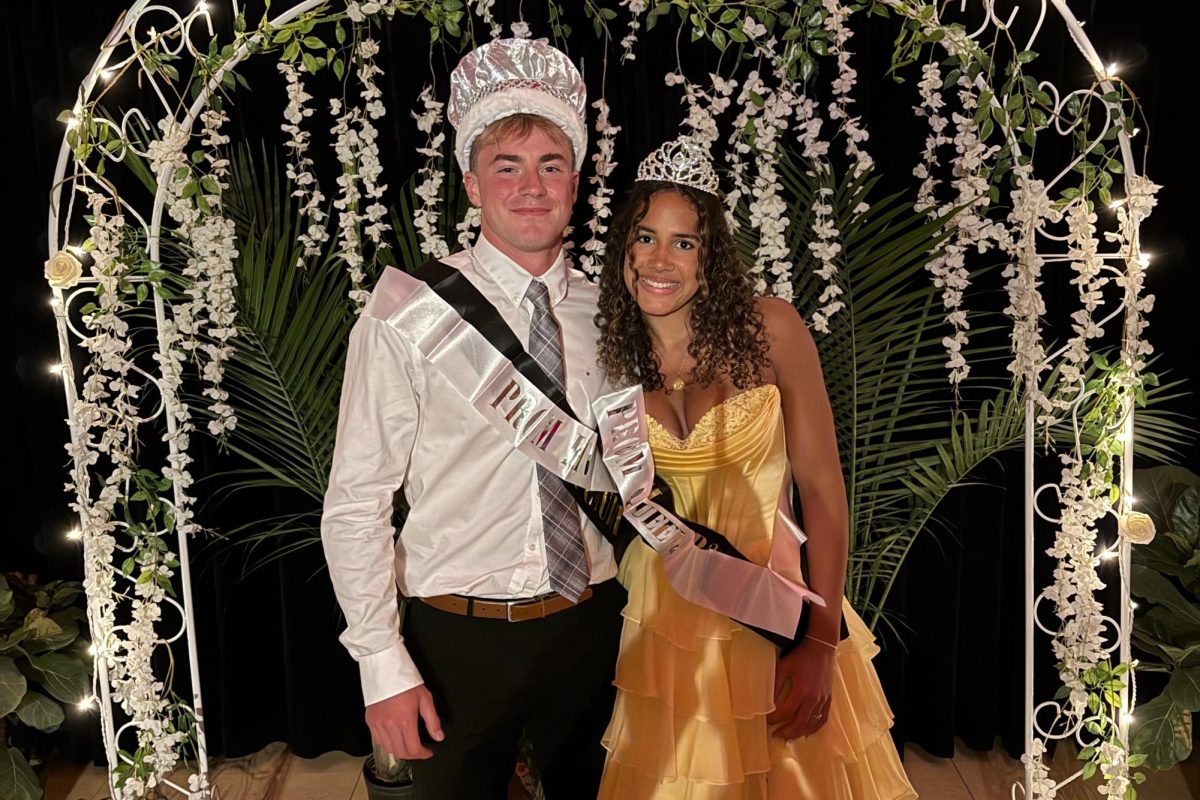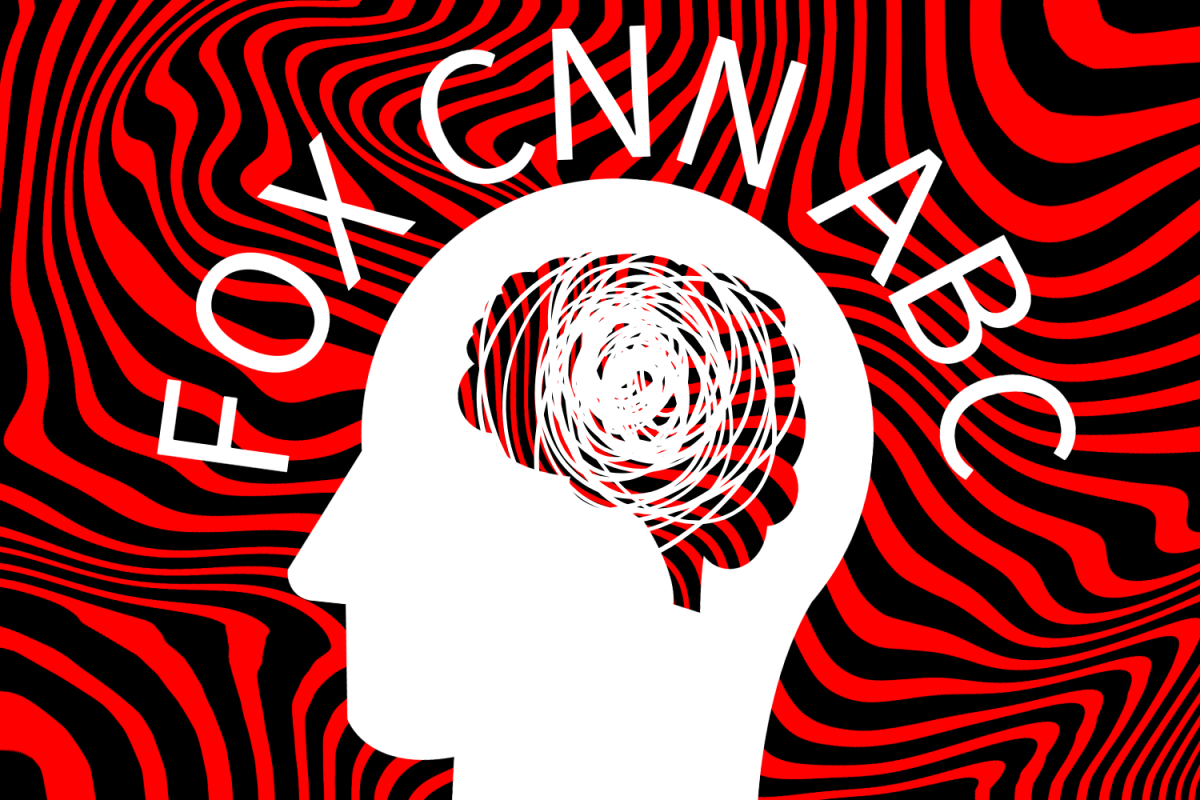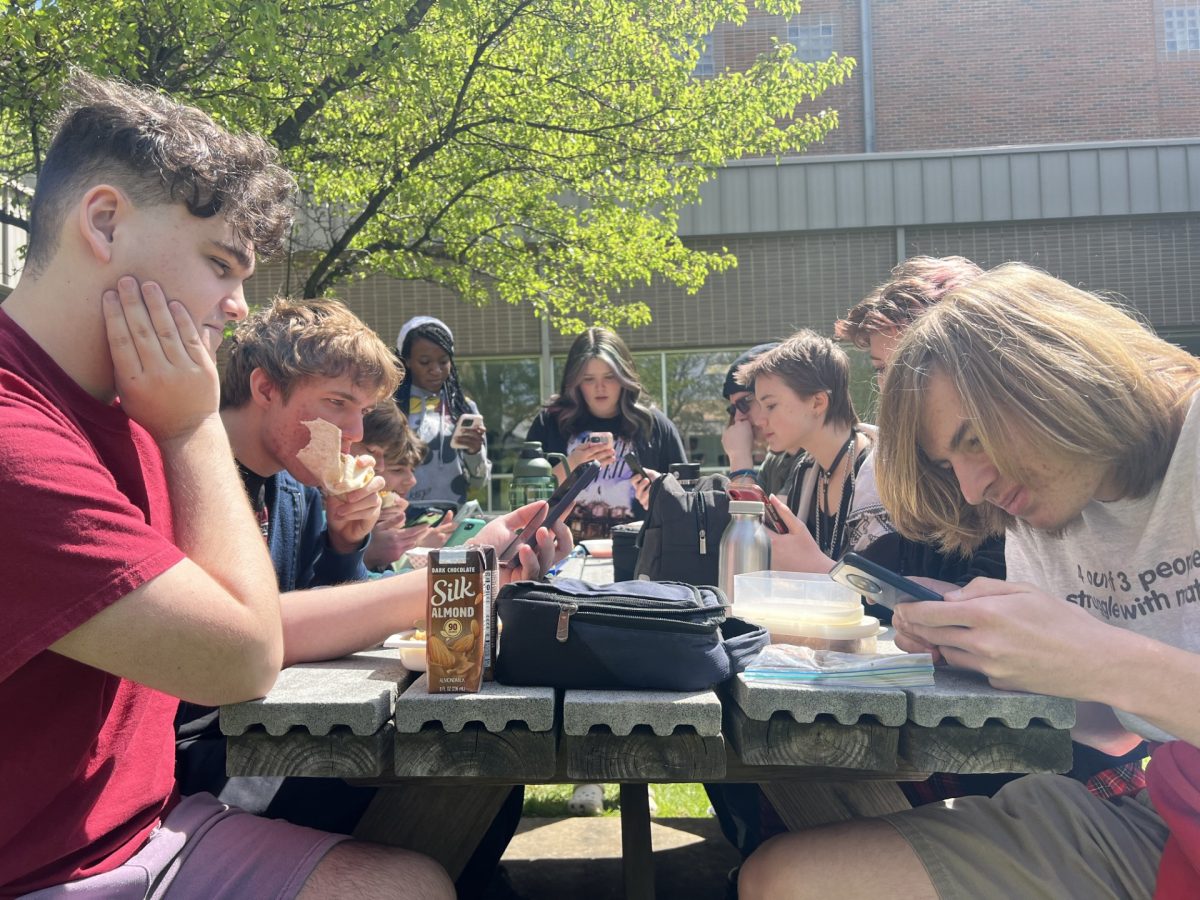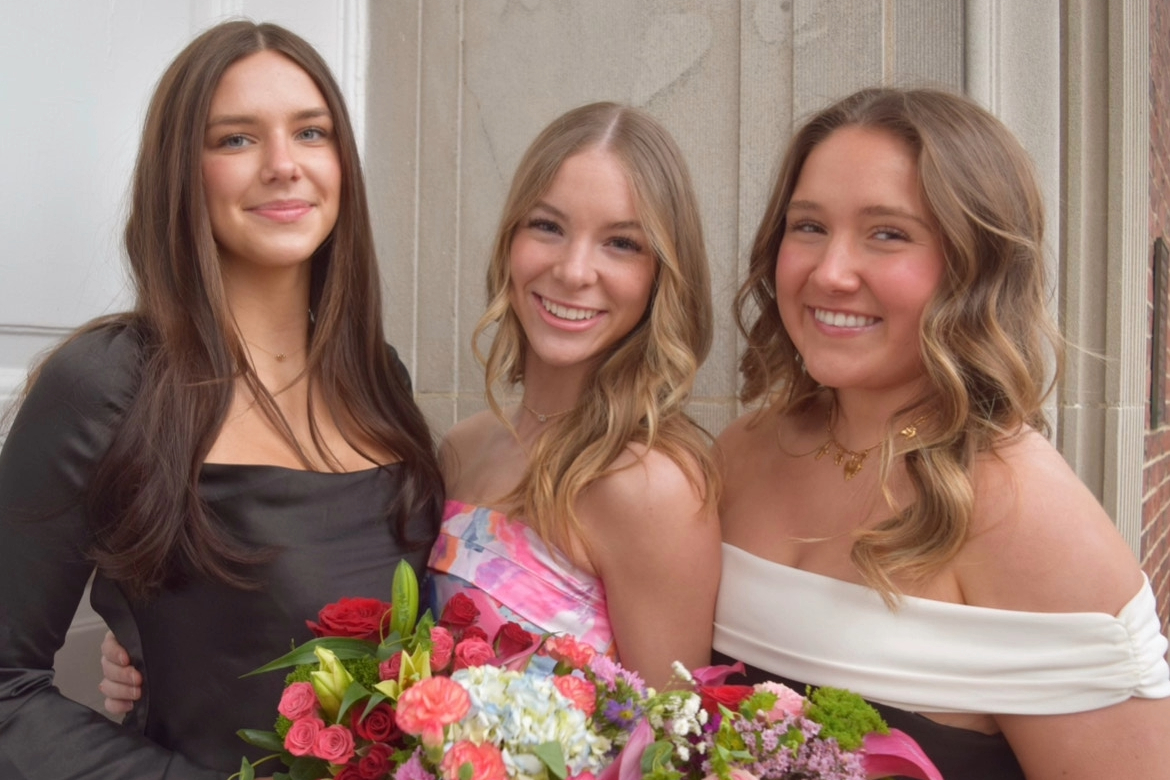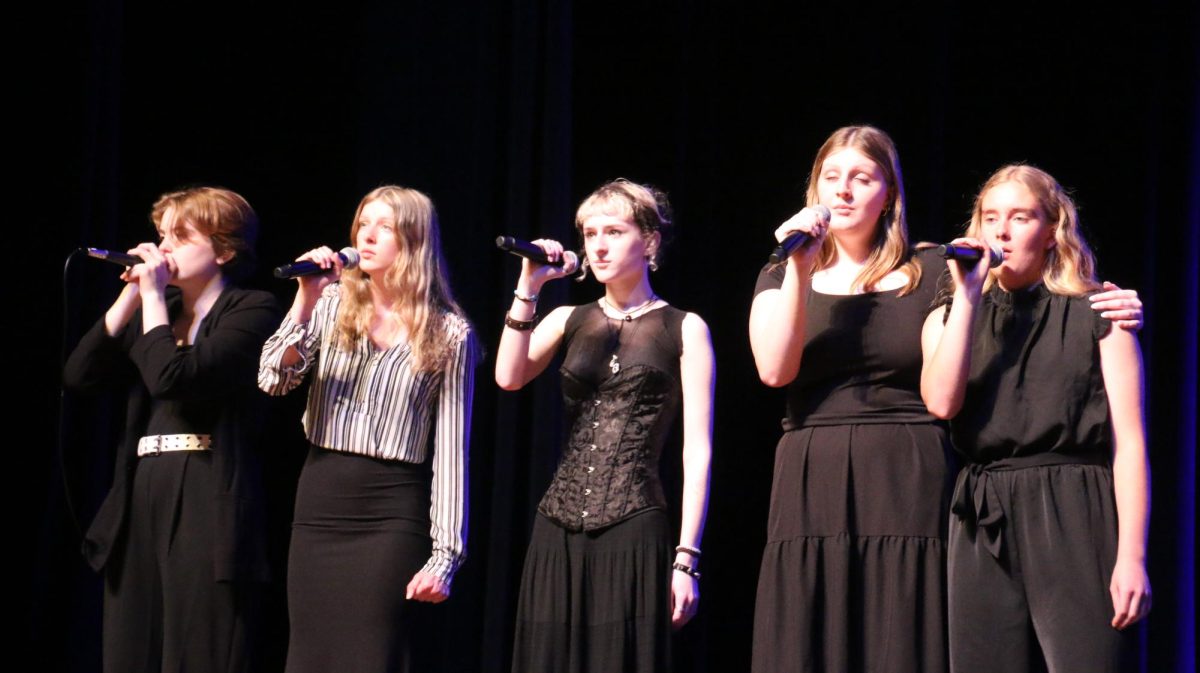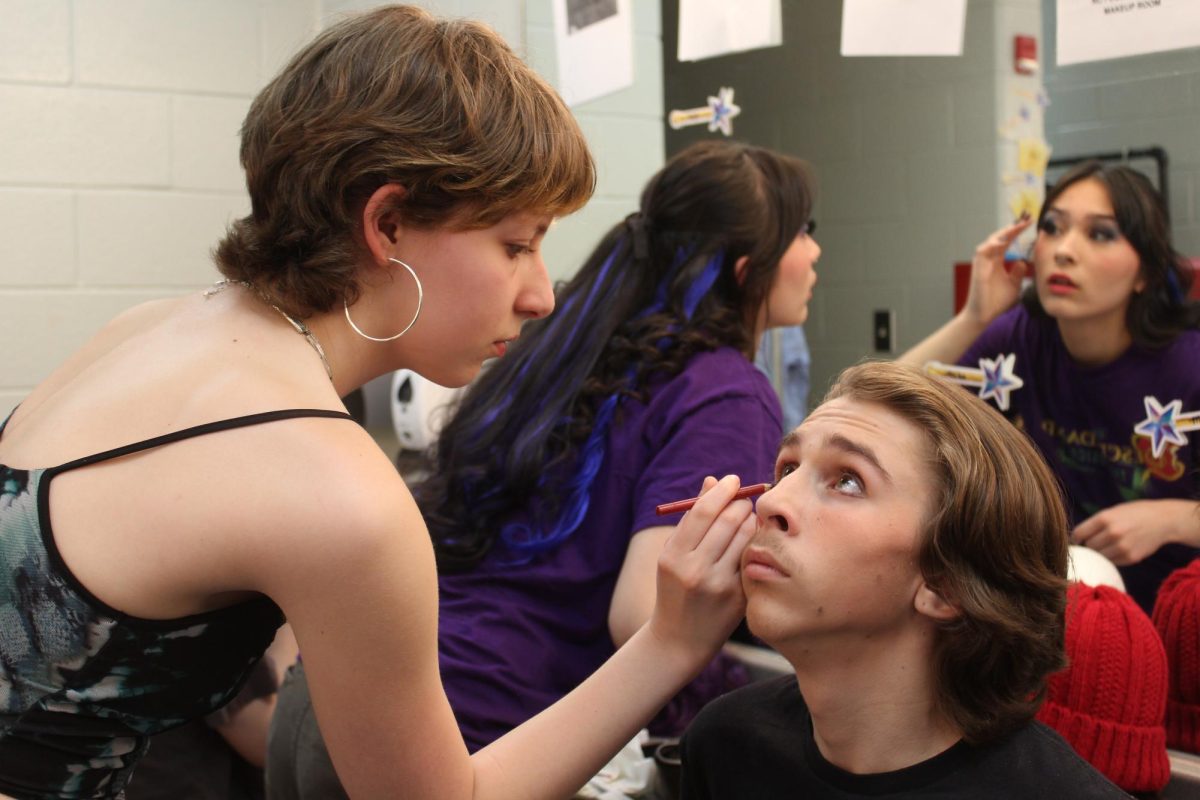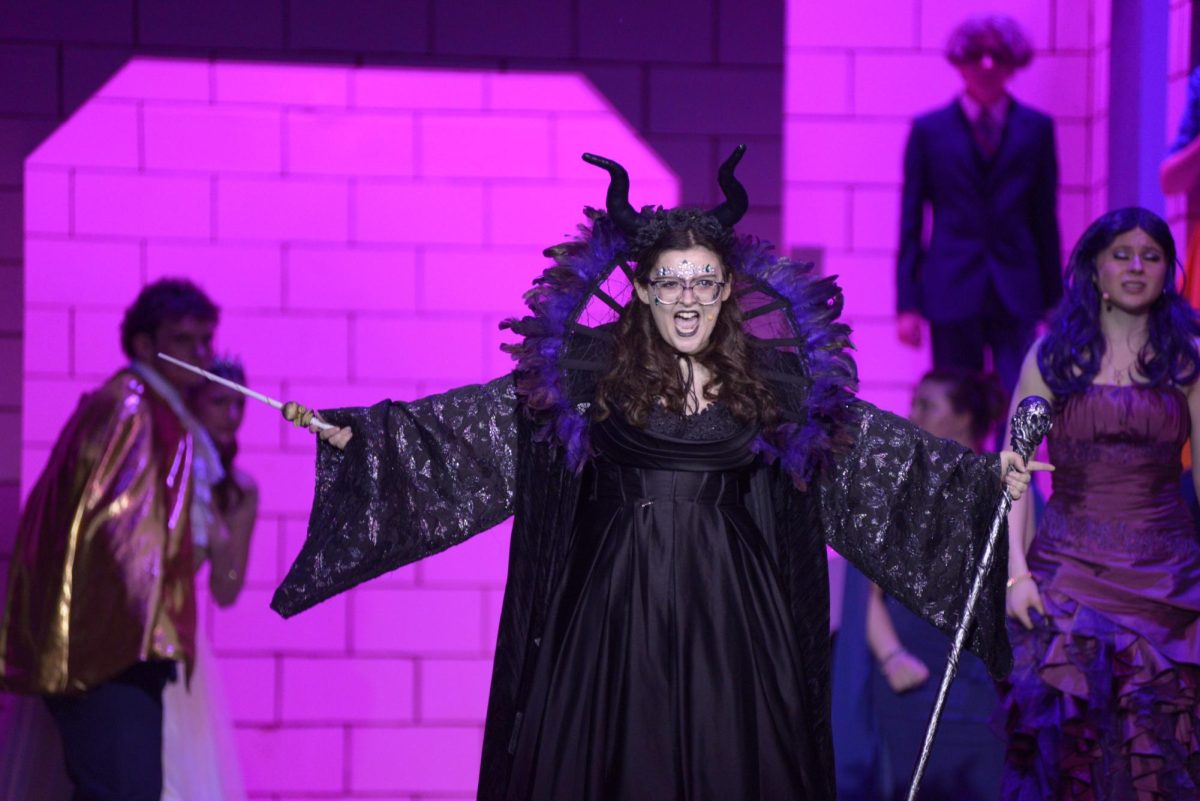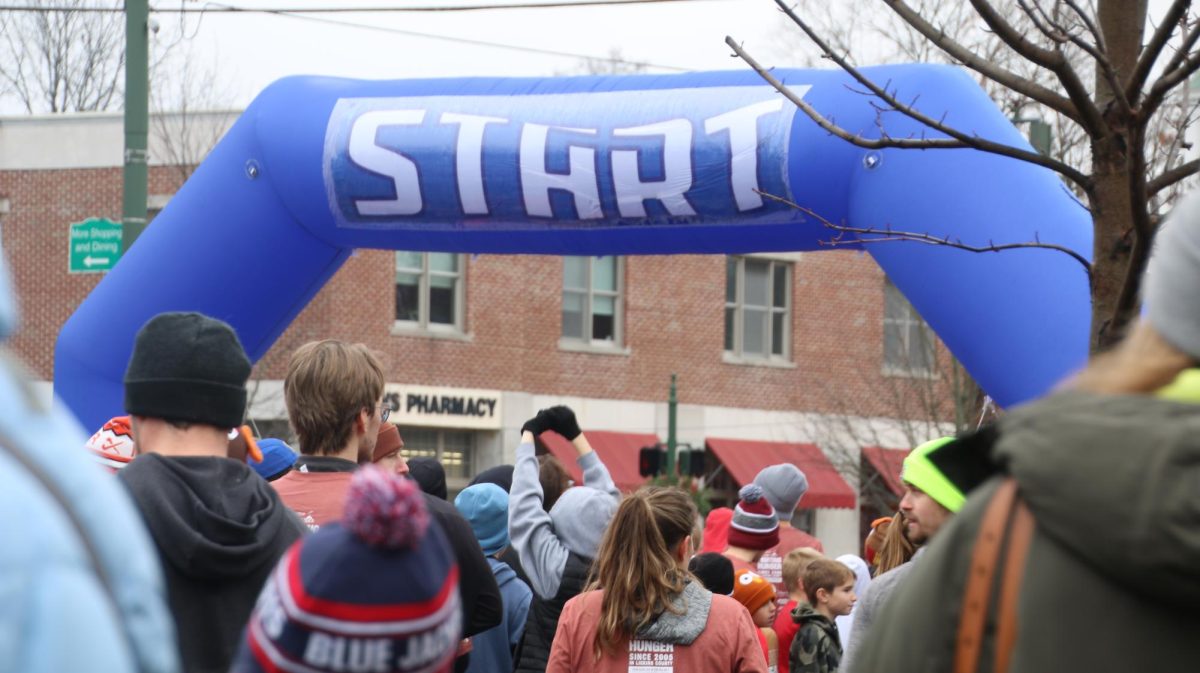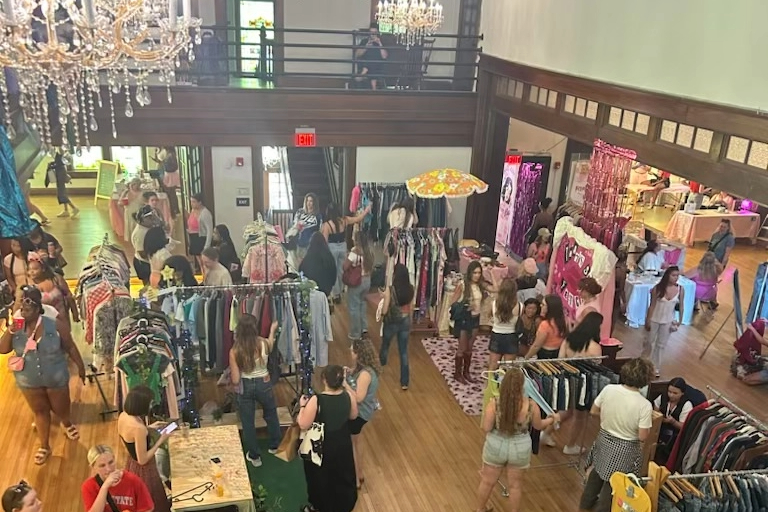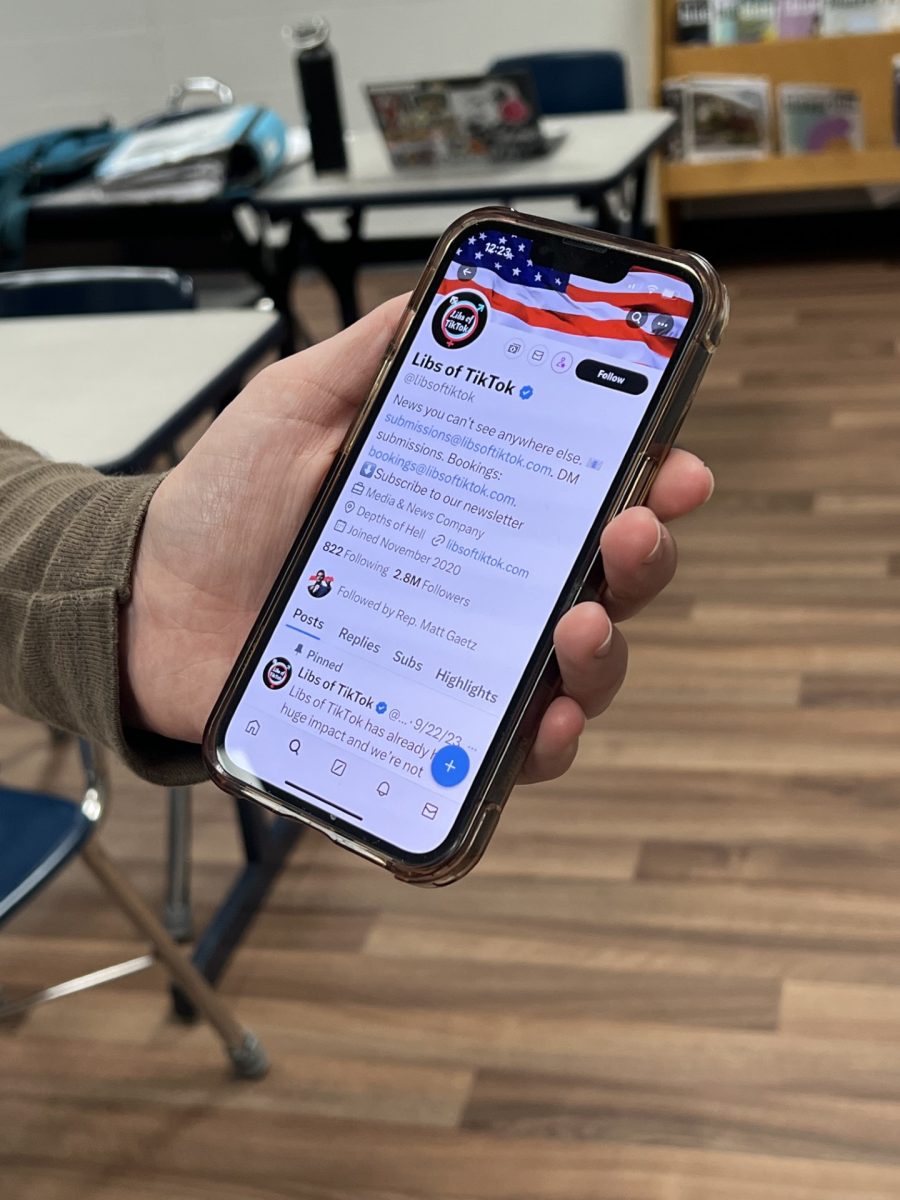More and more frequently, right-wing media personalities are spreading anti-LGBT speech on widely used social media sites such as X and TikTok. Raichik, the owner of the “Libs of TikTok” social media, posted that the perpetrator of the 2023 Perry High School shooting was indefinitely a “trans genderfluid te*ror*st,” assuming that a much older post by the perpetrator supporting transgender rights was indicative of his motives. There was nothing discovered that could connect these sentiments, but according to Pink News, Raichik has claimed that “the modern LGBTQ+ movement is radicalizing our youth into becoming violent extremists.” Echoing the sentiment, former X owner Elon Musk retweeted the post and commented “This is happening a lot. There is something deeply wrong.” However, the majority of mass shooters are straight and cisgender men, often motivated by extreme ideology and with untreated mental illness.
If we don’t pay attention, anti-LGBT hate speech will gain traction. Even if Musk and Raichik aren’t directly inciting violence, their provocative ideas can easily make an impression on unstable individuals. Within the past few years, there has been a conspicuous rise in crimes against LGBT people and their allies: if you’ve been watching the news, you can likely recall the murder of O’Shae Sibley outside a gas station in NYC, the 2022 Club Q shooting in Colorado, and the murder of California bookstore owner Laura Ann Carlton because of the pride flag she displayed in her shop window. These crimes, and countless others, were caused by rhetoric similar to that of Musk and Raichik. Although these unsupported views are dismissed as crackpot by most, they spread like wildfire on websites like X and TikTok. The combined X followers of Musk and Raichik number about 172.9 million; which means their voices are being heard. Such political extremists are usually discredited, but far-right characters have recently seeped into the political mainstream.
To put the effects of this rhetoric into context, we must revisit the past – specifically the climate of the 1950s-1960s – when views such as Musk’s and Raichik’s were dominant and restricted the abilities of LGBT people to live openly, work without fear of unexpected termination, and achieve their happiness. The famous Stonewall riots fought against not only the time’s cruel attitudes around homosexuality but also the common (sometimes fatal) instances of violence they faced. An inevitable part of LGBT life in these decades was the police raids on LGBT-friendly bars; these confrontations often ended in arrests, beatings, or in worst-case scenarios, rape.
Musk’s and Raichik’s ideas are nothing new. They come from the same playbook as older anti-gay rhetoric, one that frames LGBT people as perverts and disruptors of the peace. If you look closely at their claims, you will see the common thread – the ‘gay recruitment’ myth. Popularized by Anita Bryant’s Save The Children campaign, it asserts that homosexuality is the product of childhood sexual abuse (which is an unfounded conclusion).
Elon Musk has previously harassed former Twitter head of safety Yoel Roth when posting an excerpt of Roth’s Ph.D. thesis; as The Independent found, it called for adult LGBTQ websites to be aware of the teenagers that might venture on and develop safer spaces for them. However, Musk spread that Roth was “arguing in favor of children being able to access adult Internet services.” In a similar vein, Raichik’s main gimmick is claiming that any discussion of sexuality in a classroom (in most cases, the basic acknowledgment that some people, perhaps a teacher or a student’s parents, are gay) is grooming; she is convinced that LGBT teachers should be not be allowed in the classroom.
These opinions can kill. It doesn’t matter whether it is said from a podium or in an Internet post – we have to steel ourselves against hatred masquerading as isolated speech.




